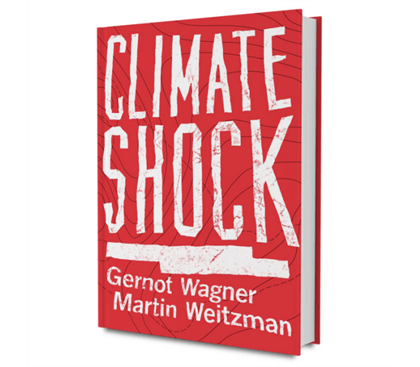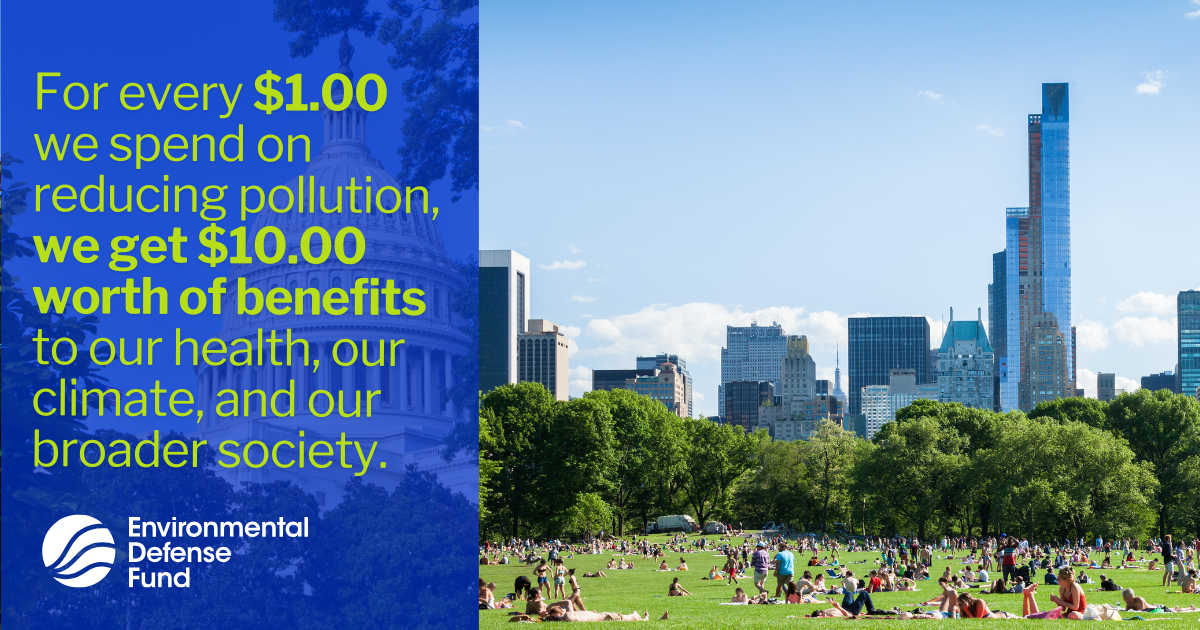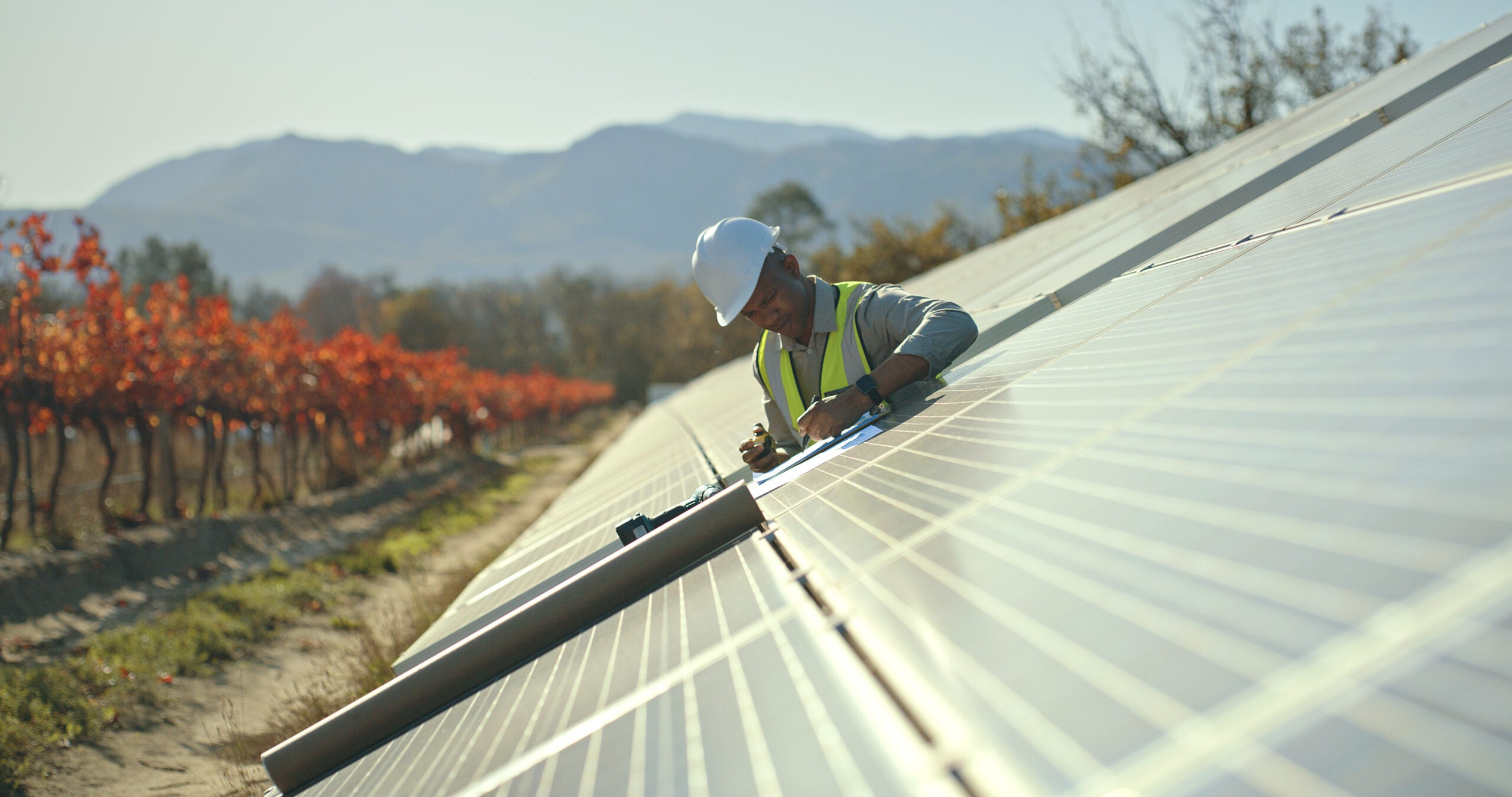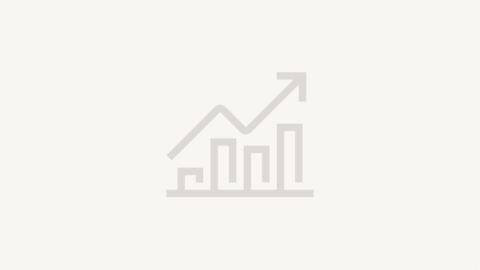We need a climate insurance policy – now
Q&A with Karin Rives first published on EDF Voices.
Before climate change gets so bad that we may be forced to “geoengineer” ourselves out of catastrophe, a new book—Climate Shock—suggests that we reframe the problem altogether.
Gernot Wagner, a lead senior economist at Environmental Defense Fund and co-author of the book, says we ought to look at climate change as a risk management problem and treat it as such. I had a chat with Gernot about the book he will release next week together with Martin L. Weitzman, a professor of economics at Harvard University.
Karin Rives: Many books have already been published on climate change. What’s new or different about Climate Shock?
Most everyone focuses on what we know about climate change. Our book is about what we don’t know.
Call it Nassim Nicholas Taleb’s “Black Swan,” or the Rumsfeldian “unknown unknowns”—a state of complete and dangerous uncertainty and unpredictability. Call it what you want, but it’s that tail that may yet wag us in the end.
What we know is bad. What we don’t know is potentially much worse. Climate, in the end, is a risk management issue. Just like homeowners take out insurance against fires and flooding, society needs insurance against climate change.
KR: So what do we know?
Last time the planet experienced as much carbon in its atmosphere as there is now, sea levels where up to 66 feet higher than they are today. Camels lived in Canada. That was more than 3 million years ago. The geological clock read “Pliocene.”
We certainly know enough to take reasoned action today. And almost everything we don’t know points in one and only one direction: that action is all the more urgent.
KR: Why do we need to read this book now?
The time to buy our insurance policy is now—while we still can. And I’m speaking both metaphorically and literally.
Insurance here, of course, is to avoid dumping carbon into the atmosphere. We pay to have our trash picked up instead of just dumping it for free onto our streets. We similarly need to pay to avoid dumping carbon into our atmosphere.
That’s not free, but it’s still relatively cheap to do—and much cheaper than experiencing the consequences of unchecked global warming.
KR: What should be my three most important takeaways from your book?
Scream, cope, and profit.
We need to get the right policies in place, and soon. That’s “scream.” Then there’s some global warming we can no longer avoid—and that we are already experiencing. Let’s prepare ourselves better for that.
“Profit” is, of course, what you would expect two economists to say, dollar signs in their eyes and all. All that starts with smart investment decisions. Green, clean, and lean isn’t just got for the planet. It’s also the right financial choice and we need to ensure that it is much more so going forward.
The main takeaway, in the end, is that this isn’t some artificial battle between capitalism and the climate. It’s not about sticking it to the man. It’s about sticking it to carbon.













